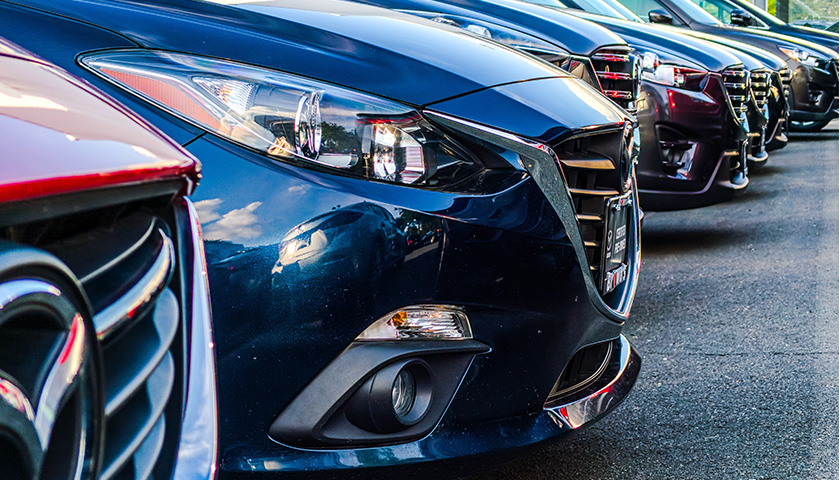by Bruce Walker
The microchip shortage responsible for bottlenecking the production of new cars has been a boon for the used car market.
However, the lack of available new vehicles also has created a greater demand and thus a scarcity of quality used vehicles.
This has driven up the cost of used cars and trucks, which has also increased the sales tax collected on used vehicle transactions. The national average increase in used car sales prices is 16.8% or $3,926 per vehicle sold.
According to an iSeeCars.com analysis of 1.2 million used car sales nationwide, the price of used cars in Michigan has increased 17.7% year over year, ranking the state as the 29th-lowest price increase for used vehicles in the nation.
That translates to an average additional $4,051 per used vehicle sold in the state.
It also translates into a significant revenue boost to the Michigan Treasury. The state currently charges a 6% sales tax on the sale of used cars. This translates to an average $243.06 in additional tax collected per used vehicle sold in the state.
But those figures don’t tell the complete story.
Ron Leix, deputy public information officer for the Michigan Department of Treasury, emailed The Center Square with further details.
“We don’t have the complete picture,” Leix wrote. “A large share of used cars are sold by dealerships that also sell new cars. Those dealerships report total tax collected, and not tax by whether the vehicle is new or used. New vehicle sales have remained generally strong despite the production limitations and that is also contributing to strong sales tax collections from dealerships. Since we don’t get the split between new and used vehicles, we can’t provide information on the growth due to used vehicles,’ he said.
“It is important to note that we don’t have a measure of the number of vehicles sold so we don’t know for sure whether the strength is due to higher prices, more vehicles being sold, or, perhaps most likely, a combination of more vehicles being sold and higher prices,” he continued.
“We do receive data on the sales of used vehicles that are sold privately and not by a dealership,” Leix said. “Use tax is due when the buyer transfers the title and registration for the vehicle at the Secretary of State’s office.”
Leix explained any comparison of this year’s numbers with 2020 sales isn’t meaningful because of lockdowns during the pandemic, so he prefers to use prior year numbers from 2018/2019 instead.
Collections for use tax on private sales has been strong, Leix said, noting the state has collected $162.2 million from used car sales between Oct. 2020 and May 2021, compared to $105.8 million between Oct. 2018 and May 2019.
According to iSeeCars:
- Consumers may be able to get a better used car deal by crossing state lines.
- Rhode Island is the state with the greatest used car price increase in 2021 compared to 2020 at 25.55, which amounts to $5,559.
- Another New England state, Vermont, has the smallest used car price increase at 10.7%, which amounts to $2,717.
- Of the top 10 states with the lowest price increases, five are Eastern states and four are in the Midwest.
- Of the 10 states with the highest price increases, six are Western states, and four are Eastern.
According to data provided by the National Automotive Dealers Association, average year-to-date used-car sales per new- and used-car dealership in the United States was $5,884,668 in March, the last month for which data is available. In March 2020, the year-to-date used car sales per new- and used-car dealership was $4,461,184.
|
Price jump for used cars results in boost in Minnesota sales tax collected
– – –
Bruce Walker is a regional editor at The Center Square. He previously worked as editor at the Mackinac Center for Public Policy’s MichiganScience magazine and The Heartland Institute’s InfoTech & Telecom News.








